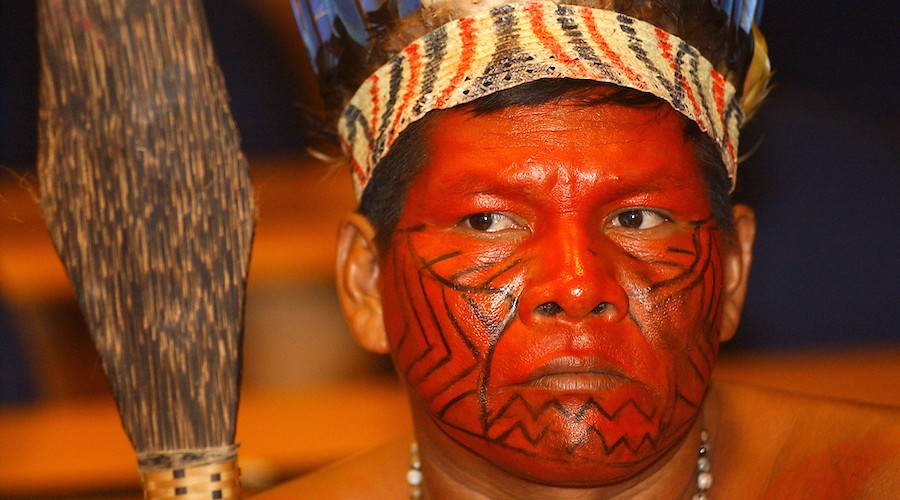Brazil’s Mura people back Amazon potash mine


Canada’s Brazil Potash has scored a key win in its battle to build its US$2.5bn Autazes project in the state of Amazonas as the local indigenous Mura people have voted in favour of the development, the company’s CEO Matt Simpson told MINING.COM.
While the miner’s Autazes project is not located on indigenous land, there are two reserves within 10 km of the project that had a legal right to be consulted. Following set protocols, Mura leaders decided which tribes would be consulted, under what format and what would be the vote support threshold.
“Ultimately they decided to consult with 35 tribes ranging from those located close to the project site to some being over 70 km away in a series of gatherings during which the Mura learned about the project, its impacts on their way of life and opportunities to improve their wellness,” Simpson explained.
Based on these consultations, several hundreds of Mura people voted in support of the project being constructed and operated by Brazil Potash’s local unit Potássio do Brasil.
“This is a major milestone achievement in the project’s development as it clearly demonstrates respect for the Mura’s wishes,” Simpson said.
Brazil Potash still requires the country’s Indigenous people’s agency (FUNAI) to complete their review of the company’s Indigenous consultation study (the ECI) being the second last item required prior to being granted a construction licence, which the Mura have approved as part of the recent consultations.
“Having this free, prior, and informed Mura vote sends a clear and positive message to FUNAI that the Mura wishes are to have the Project built, permits to be issued and to not demarcate the lands required to extract potash as being indigenous owned,” Brazil Potash said.
The proposed mine and processing facilities in Autazes, 120 km southeast of the capital of Amazonas state, Manaus, would require about three years to build.
The project, to be built on low density cattle farm land, is expected to begin production in 2026, with an initial output sufficient to cover about 20% of Brazil’s potash needs. Project capacity is pegged at 2.2 million tonnes of potassium chloride per year according to the company.
Potash is a vital commodity in Brazil, and there are several potential projects in a 400-km belt south of the Amazon which the government hopes will end its almost complete reliance on imports of the material.
The majority of potash used in Brazil comes from mines in Canada, the world’s number one producer, and Russia. Russia and Belarus jointly account for about 41% of global potash exports – but disruptions spurred importer countries to find other suppliers.
THIS ARTICLE WAS ORIGINALLY POSTED ON MINING.COM
Comments